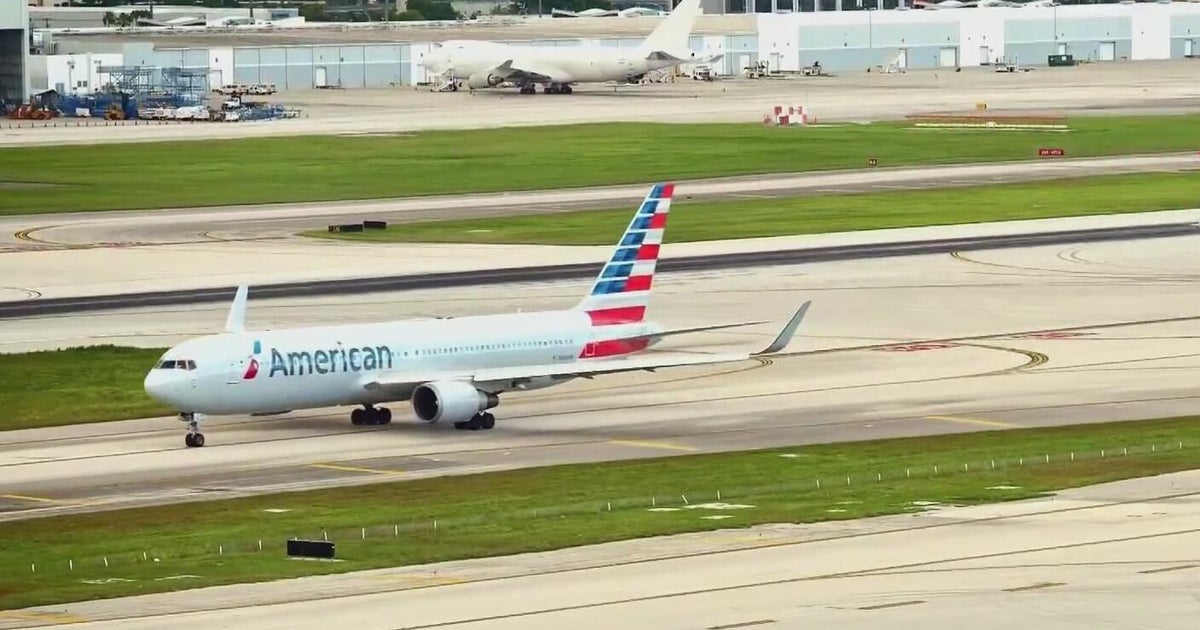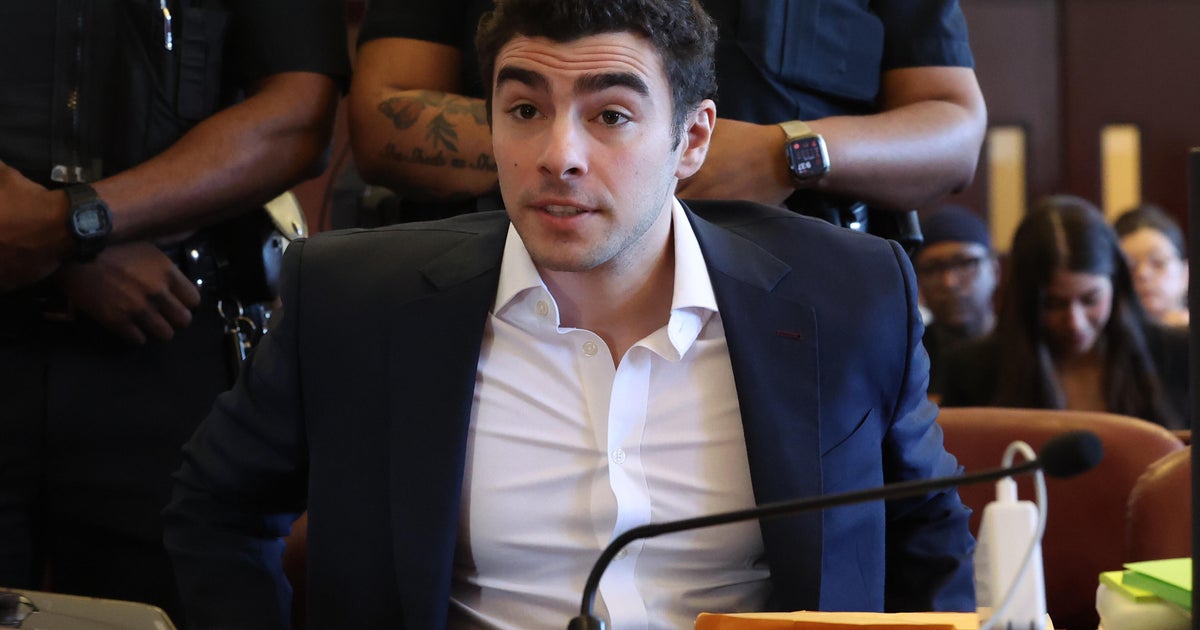Boeing's CEO was paid $23 million — the company has no way to get it back
On Wednesday, in front of a Congressional committee investigating the 737 Max crashes, Boeing CEO Dennis Muilenburg was hit with a question he said he couldn't answer.
"Are you giving up any money?" asked Representative Steve Cohen, a Democrat from Tennessee.
Muilenburg made $23 million in 2018, according to Boeing's proxy statement — the year the first 737 Max jetliner crashed — on top of the $49 million he earned during the previous two years. Cohen wanted to know whether the executive planned to return any of those millions.
The CEO's answer: It wasn't up to him. That was for Boeing's board to decide.
Actually, according to a Boeing document on its corporate governance principles from this past June, not even the company's board has the ability to take back the CEO's $23 million payout. Boeing's executive compensation policies limit how much pay it can recover later if, as Muilenburg stated in his testimony, "We know we made mistakes and got some things wrong."
The same is true for Kevin McAllister, the recently departed head of Boeing's commercial division that produced the troubled jet. McAllister, who was described in numerous media accounts as having been fired last month, was paid more than $57 million during his nearly three years at the company, or roughly $1.6 million a month.
And yet Boeing can't force McAllister to pay back any of the millions he received from the company. Boeing's pay policies don't permit it.
Clawing it back
Boeing declined to answer questions about its pay practices or about Muilenburg's or McAllister's compensation packages. Shortly after reporting its earnings last week, Boeing told employees in an internal message that the company would not pay any bonuses for 2019.
The longer term issue is called a clawback policy, which can allow a company to recover cash, as well as stock compensation, from employees who it later turns out did not deserve what they were paid.
Clawbacks — or the lack of them at the country's biggest banks — became a hot-button issue in the wake of the 2008 financial crisis. The Dodd-Frank financial reform law that was passed in 2010 instructed the Securities and Exchange Commission to write rules requiring companies to enact more aggressive clawback provisions that reached beyond instances of accounting fraud by a limited number of top executives. Those rules were never implemented.
Boeing does have a clawback policy. But its language doesn't cover a disaster like the two 737 Max crashes that killed 346 passengers, grounded the jetliners worldwide, damaged Boeing's reputation and earnings, and erased $57 billion in stock market value since the first crash in October 2018.
Boeing's policy says the company will claw back "incentive pay" when the company has to restate financial results that were used to evaluate executive pay, when an executive leaves for a competitor, or when an executive has committed fraud. Two years ago, Boeing added disparaging comments by former employees to its list of clawback-able offenses. But that's it. Safety lapses aren't part of the policy.
Executive comp off the table
Boeing's board conducted a five-month review of the company's safety policies following the second 737 Max crash in March, and made suggestions for how Boeing could improve its safety efforts. The report was never publicly released. Executive pay policies, a Boeing spokesman told CBS MoneyWatch, weren't part of the safety review.
"It's the Wells Fargo problem," observed executive compensation expert Brian Foley, referring to that bank's phony account scandal, which didn't have a big impact on the bottom line but inflicted enormous damage on the bank's reputation and brand.
Wells Fargo is one of the rare examples where a board did eventually claw back a combined $136 million in pay from former CEO John Stumpf and former head of consumer banking Carrie Tolstedt. Wells Fargo's clawback provision allowed the company to recoup pay from an executive whose conduct resulted in reputational damage to the bank, something that Boeing's does not do.
More companies, particularly ones hit by corporate scandals, have been adding reputational damage clauses to their clawback policies. Equifax, for instance, amended its clawback last year, following its massive consumer data hack, to include "misconduct or failure of oversight that results in significant financial or reputational harm" to the company, according to its most recent proxy statement.
Corporate governance expert Nell Minow told CBS MoneyWatch it would be a good move both for Boeing's stock price and its tarnished reputation with airline customers and their passengers if Boeing were to update its clawback policy to include safety issues.
Boeing draws its clawback policy "as narrowly as possible, given the legal requirements, which don't mention safety," Minow said. "Certainly adding that would provide some reassurance for investors. And passengers."



